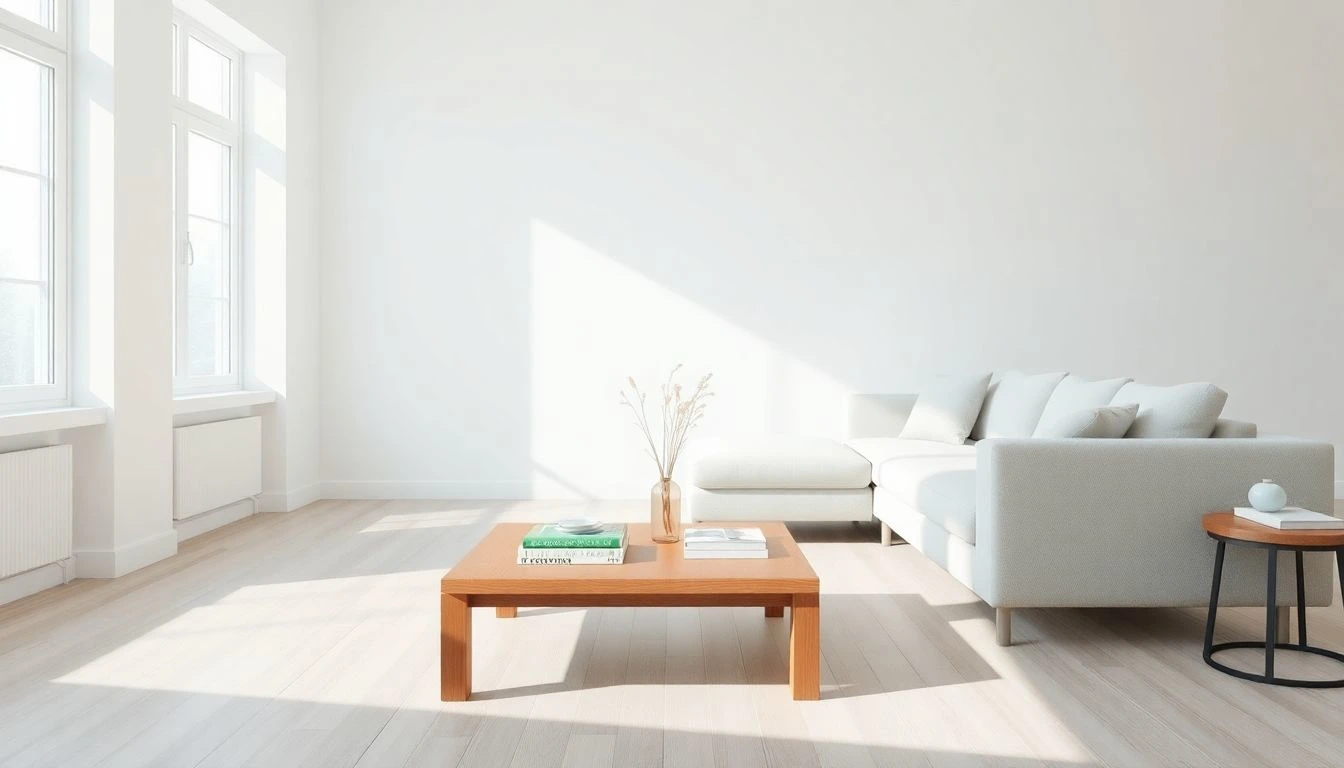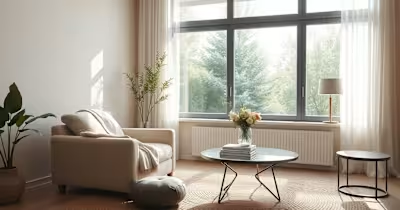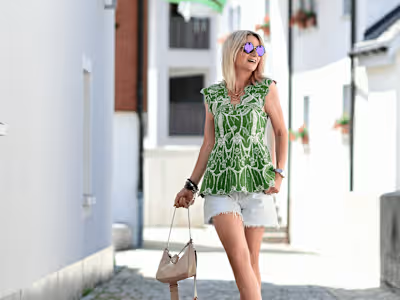Achieve a Minimalist Aesthetic
Like this project
Posted Mar 28, 2025
Achieve a Minimalist Aesthetic Ever feel suffocated by stuff? Like your possessions own you, not the other way around? Minimalism might b...

Achieve a Minimalist Aesthetic
Ever feel suffocated by stuff? Like your possessions own you, not the other way around? Minimalism might be your answer. A minimalist aesthetic focuses on simplicity. It's about functionality and living with intention. Embracing it can transform your home. It can also improve your overall well-being. Let's dive in!
De-cluttering: The Foundation of Minimalism
De-cluttering is the first step toward minimalism. It's also the most crucial. You can't achieve a minimalist look with excess stuff. Clear the clutter, clear your mind. Getting rid of things you do not need helps free you.
Start Small: The 15-Minute Method
Feeling overwhelmed? Start with the 15-minute de-cluttering method. Set a timer and focus on one small area. Think of a drawer or shelf. Quick wins build momentum!
Actionable Tip: Set a timer for 15 minutes. Tackle one drawer at a time. You'll be surprised what you can accomplish.
The KonMari Method: Sparking Joy
The KonMari Method is a popular approach. It involves holding each item and asking yourself: "Does this spark joy?" If not, thank it and let it go. The method helps a great deal when reducing your belongings.
Real-world Example: Imagine your closet is overflowing with clothes. Go through each item. If a shirt hasn't been worn in a year and doesn't make you happy, donate it!
The Pareto Principle (80/20 Rule)
The Pareto Principle, or 80/20 rule, applies to possessions. You likely use 20% of your stuff 80% of the time. What about the rest?
Actionable Tip: Identify the 20% of items you use most. Then, think about discarding the unused 80%.
Embracing Neutral Color Palettes
Color plays a big role in creating a minimalist aesthetic. A neutral color palette creates calm. It also creates a cohesive look. Neutrals have a strong, positive impact.
White Walls: Maximizing Light and Space
White walls are great for minimalism. They maximize light and space, creating a sense of openness. The walls provide a serene backdrop. The backdrop keeps things simple.
Actionable Tip: Choosing the right shade of white is important. Cool whites brighten a space, while warm whites add coziness.
Accent Colors: Adding Subtle Personality
Accent colors add visual interest. Use them sparingly so the space does not get overwhelmed. A little goes a long way.
Real-world Example: You have a white living room. Throw pillows and a blanket in muted blues or greens add a pop of color.
Functional Furniture and Intentional Decor
Choose furniture and decor with a purpose. Each piece should enhance the space. Nothing should be unnecessary.
Multi-Purpose Furniture: Saving Space and Money
Multi-purpose furniture saves space and money. Think of a sofa bed or storage ottoman. These pieces serve multiple needs.
Actionable Tip: Look for furniture with built-in storage. A bed with drawers underneath is perfect.
Less is More: The Art of Subtraction
Carefully curate your decor items. Less is often more in a minimalist space. Keep only what you truly love.
Actionable Tip: Before buying something new, consider if it adds value to the space. If not, skip it.
Quality Over Quantity: Investing in Timeless Pieces
Invest in high-quality, durable pieces. These will last for years. Timeless pieces are always a good choice.
Organization and Storage Solutions
Effective organization is important. Good storage helps to maintain a minimalist aesthetic. Everything should have a place.
Vertical Storage: Maximizing Limited Space
Vertical storage maximizes limited space. Use shelves and wall-mounted organizers to your advantage. Utilizing the wall space is a great strategy.
Actionable Tip: Utilize wall space to store items off the floor. Install shelves to hold books or plants.
Hidden Storage: Keeping Clutter Out of Sight
Hidden storage keeps clutter out of sight. Baskets, boxes, and cabinets work wonders. They help maintain a clean look.
Actionable Tip: Use storage containers to organize items within cabinets and drawers. That way, everything has its place.
Clear Surfaces: Creating a Sense of Calm
Keep surfaces clear and uncluttered. This creates a sense of calm. Less is more with minimalism.
Actionable Tip: Designate specific areas for specific items. Keys always go in the entryway bowl.
Maintaining a Minimalist Lifestyle
Maintaining a minimalist lifestyle takes effort. Implement strategies to avoid accumulating clutter. A clear space often helps create a clear mind.
Conscious Consumption: Avoiding Impulse Purchases
Avoid impulse buys by being mindful of purchases. Do you really need that new gadget? Think before you buy.
Actionable Tip: Wait 24 hours before buying something you don't need. You might change your mind.
Regular De-cluttering: Preventing Clutter from Accumulating
Regular de-cluttering prevents clutter from building up. Schedule de-cluttering sessions. It keeps things manageable.
Actionable Tip: Schedule regular de-cluttering sessions. Aim for once a month to stay on track.
One In, One Out: A Sustainable Approach
The "one in, one out" rule is a great approach. When you buy something new, get rid of something similar. This keeps your possessions in check.
Actionable Tip: When you buy a new shirt, donate an old one. This will prevent overflow.





